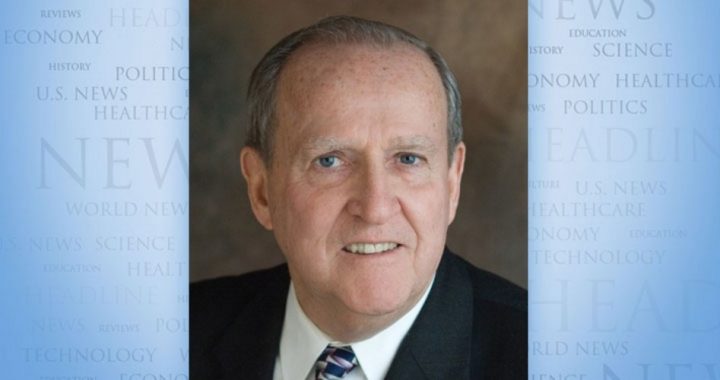
If breaking down the mores of an entire people opens the door for subjugating mankind, then there are undoubtedly some would-be arch tyrants who would proceed with the breakdown.
Here in the United States, people from coast to coast find themselves introduced to an array of practices and attitudes almost completely unheard of two generations ago. Much of this new thinking and the resulting practice can be found in acceptance of what has come to be known as the LGBTQ lifestyle. Hardly a day goes by without all of us being subjected to some of what could easily be categorized as a counterculture. It is counter to what was undeniably prevalent as recently as the mid-20th Century. But it has increasingly been forced into acceptance, persuaded a surprising number to try “something new,” and convinced unwilling participants to tolerate new attitudes and practices that their grandparents rightly considered abominations.
Consider the growth of what is labeled the “transgender community.” It features people who have been persuaded that their “gender” at birth was “assigned” by someone, not an acknowledgement of what can be clearly noted of their physical makeup (their sex) at birth. Years after birth, trans individuals claim that labeling them male when they feel like a female, or vice versa, has violated their rights. They further claim to need surgery and drugs to correct a grievous wrong inflicted on them.
Harvard University-trained physician Paul McHugh served for many years as the chairman of psychiatry at Maryland’s Johns Hopkins University. In 1979, after experiencing people wanting to “trans” themselves, he shut down the possibility of “corrective” surgery at the hospital where he practiced. He compiled data showing that those who had surgery to “fix their mistaken” designation have a suicide rate nearly 20 times that of the general population. He concluded that claimants demanding transgender medicine/surgery is evidence of “a form of mental illness.”
Question: If you were a surgeon and someone asked you to perform surgery that would not heal, would not help, would not make the person feel better, and would leave the patient with a permanent wound, would you proceed to act on such a request? Your answer would undoubtedly be no. But there is one branch of medicine where a person can find a positive response to this question. Some people actually believe that removing perfectly healthy portions of their body makes sense. Dr. McHugh and many colleagues in the medical field call such persons victims of “medical dysphoria.” And he charged the medical personnel who perform such surgery with “cooperating with mental illness.”
Andrew Chu is a man who identifies as a woman. Approximately a year ago, he wrote a piece for the New York Times in which he bared his awareness that the transition surgery he will undergo will not make him happy. “Until the day I die,” he wrote, “my body will regard” his new faux female body part replacing his male body part “as a wound that will require regular, painful attention to maintain.” Yet he intended to proceed with the surgery. He further stated, “I was not suicidal before [regularly taking] hormones; now I often am.”
More recently Father Paul Sullins, a highly regarded professor who is the Director of the Leo Initiative for Catholic Social Research at Catholic University in Washington, disputed the claims of many “gay” individuals that they were “born that way.” Instead, he believes, there is no singular genetic marker predisposing people to homosexual behavior. In his view, social factors alone answer why some people choose the homosexual lifestyle.
The very first chapter of Holy Scripture provides details about the creation of humanity. Genesis 1:27 tells a reader, “male and female he created them.” When that certainty is cast adrift, everything else in the Bible is threatened, including the bedrock of civilization known as the Ten Commandments.
Disregard for political and economic verities is certainly a problem. But ignoring immutable mores is a greater problem. It leads to totalitarian rule by a few over the morally weakened many.
John F. McManus is president emeritus of The John Birch Society.



